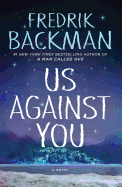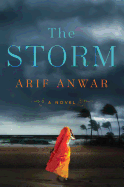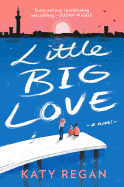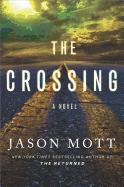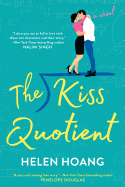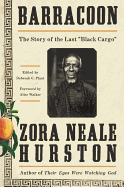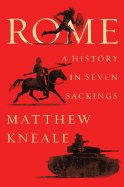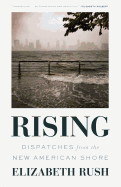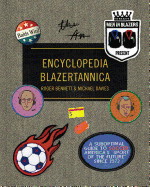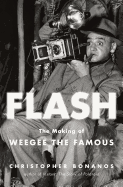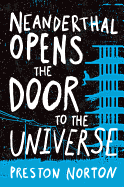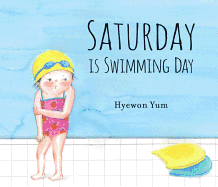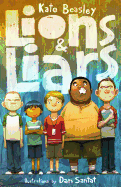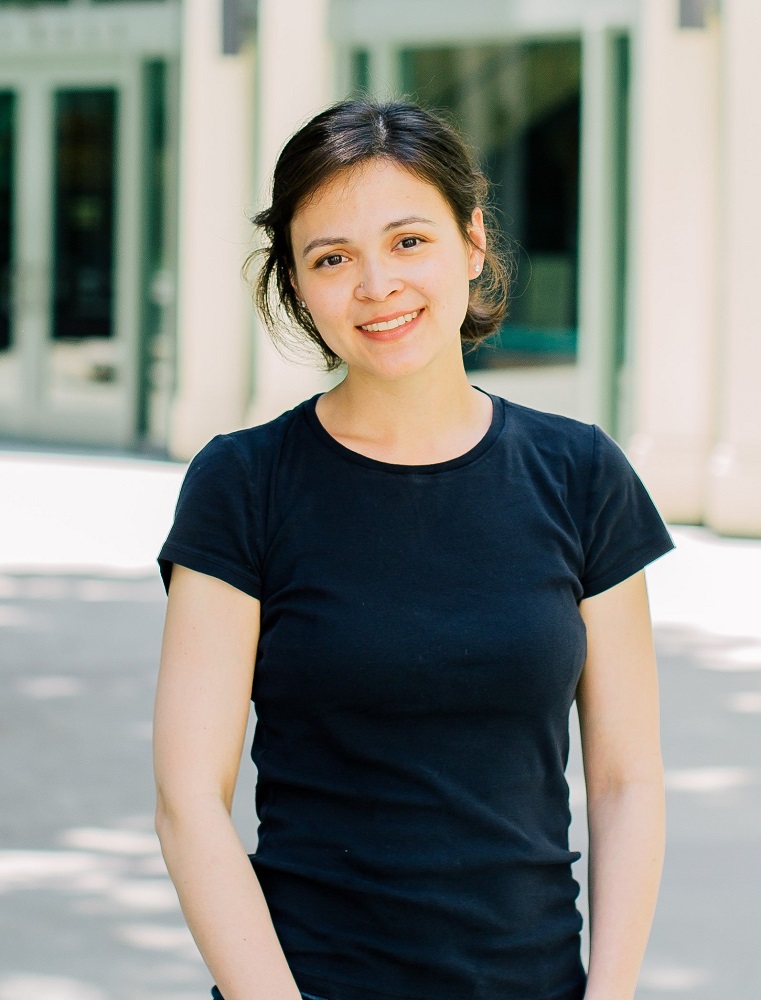 |
| photo: Eric Kieu |
Helen Hoang's love of romance novels began in childhood. In her own debut romance novel, she created a cast of characters beginning with the unusually talented but also unusually challenged autistic heroine Stella Lane. The Kiss Quotient (Berkley, June 5, 2018, reviewed below) is the first in a series, with Bride Test scheduled for release in 2019 and a third after that. Hoang lives in San Diego, Calif., with her husband, two kids and pet fish.
The question that is surely on every reader's mind: to what extent is The Kiss Quotient based on a true story?
While The Kiss Quotient is a work of fiction (I've never hired a male escort to be my practice boyfriend, or anything else), significant parts of it are based upon my own experiences.
I wrote this book while I was personally undergoing diagnosis for autism spectrum disorder (I wasn't diagnosed until age 34) and, through Stella, I explored parts of myself I'd never understood and always tried to hide: difficulty with relationships and intimacy, all-consuming interests, social awkwardness, routines, repetitive motions, etc. Stella's struggle to accept her differences and share her label mirrors mine.
To Michael I gave my tight-knit family, complete with the passel of sisters, the trouble-causing dad, the health issues and the relating drama. Family has always been my greatest treasure, but at the same time, love like that brings the kind of responsibility and obligation you can't escape from, not without losing everything that matters.
Do you see yourself in Stella?
I'm far more cynical than Stella, and she's way smarter--but her thought processes and many of her quirks are mine. She's the me I wish I was.
As a reader, it's easy to fall in love with Michael--he is one of the closest embodiments to a perfect man. What do you see as his faults?
It makes me extremely happy to hear Michael referred to this way, since as we know, he's Asian, has unconventional occupations, and is therefore fighting those associated stereotypes. His faults all boil down to insecurity, mostly from things beyond his control. In order to earn a happy future with Stella, he has to overcome these insecurities.
It's exciting to see a heroine with autism. We read plenty about men with autism disorders but not nearly as much about women with that diagnosis. What are you most hoping The Kiss Quotient will accomplish?
I had two goals when I wrote Stella: (1) I wanted to offer a peek into the mind of an autistic woman and show that while her thought processes may be slightly different, she still has the same fundamental needs and desires as anyone else, and (2) I hoped to bring extra awareness to the existence and under-diagnosis of autism in women. Maybe this romance novel can strike a chord with other women like me and help them find their way toward diagnoses of their own and potentially that of their daughters, as well.
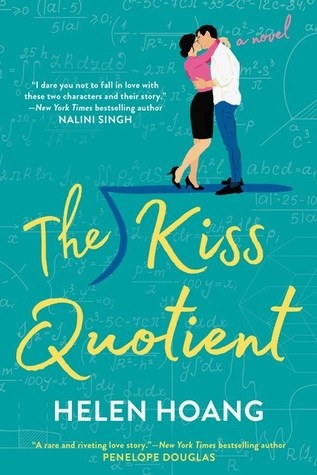 For all those autistic people out there trying to figure out romantic relationships, as well as for neurotypical people who are bewildered by the dating world, how did you meet your husband? Any interesting anecdotes about your courtship?
For all those autistic people out there trying to figure out romantic relationships, as well as for neurotypical people who are bewildered by the dating world, how did you meet your husband? Any interesting anecdotes about your courtship?
Traditional courtship is like this: men do the pursuing. Women respond by playing hard to get. Mind games ensue until both parties admit their interest.
I didn't do any of that. Senior year of college, when a certain someone caught my eye (he was a physics grad student who taught martial arts in his down time--so sexy, right?!), I joined his class with the sole purpose of getting to know him. It didn't take long for me to discover this person had real potential. Not only did we have common interests, but the way he looked at me, the way he listened to me, even the way he said my name like he enjoyed the sound of it, felt just right.
After the first class, I asked him to lunch. And he said no, he wasn't hungry. After the second class, I asked him to dinner. And he said no, he'd already eaten. After the third class, I asked him to dessert. And he said no, it was too late for sweets. After the fourth class, I invited him to a party at my house. He said he'd show up. But then he had food poisoning. After the last class of the semester, I invited him to see Return of the King with me. Ding ding ding! I should have known Lord of the Rings would do it. He didn't realize it was a date until after the movie, but by then he was bewitched by my charms and bulldog tenacity.
In retrospect, I probably shouldn't have asked him out so many times. After the first couple rejections (or maybe the first one), a people-savvy person would have assumed he wasn't interested, but that idea never occurred to me. I just thought he wasn't hungry. And good thing, because it turns out he's just as clueless as I am and likely neurodiverse himself. He was my first and only boyfriend and quite perfect for me.
What is it that draws you to romance novels?
I read (and write) romance novels for the emotions--to understand them and to experience them.
I'm lucky enough to have the ability to read faces, but that isn't always enough to tell me what people are feeling. It definitely isn't enough to tell me why. In a romance novel, however, emotions are all written down clearly on the page, and they make sense. The author literally tells you the whole story. It's a fascinating window into people's minds.
Also, I am an emotionally reserved person in real life. There are several reasons for that, but one of them is self-preservation. I can't be devastated if I'm never invested, but on the flip side, I miss out on a lot that way, too. The special thing about romance is that it always has a happy ending. It's a defining rule of the genre. Because of this, romance novels allow me to let my guard down and experience a full range of emotion, from first kiss, to heartbreak, to, as promised, happily ever after.
For budding writers out there, can you share anything about your writing process that might serve as inspiration?
The best writing advice I can give is the same life advice that got me a husband: Never give up. Natural writing talent probably exists, but I don't have it. When I started writing, I was fabulously horrible at it. Luckily, it's a learnable skill. If you don't give up, you can and will improve. If you love what you're doing, that is success right there. --Shahina Piyarali, writer and reviewer
Helen Hoang: The Case for Neurodiverse Romance Heroines
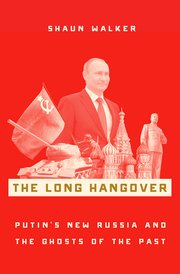 One of my favorite books this year is The Long Hangover: Putin's New Russia and the Ghosts of the Past by Shaun Walker (Oxford University Press), the Guardian's central and eastern Europe correspondent. A "large cast of Russian characters" populate Walker's book, from ordinary citizens to the man at the top ("Putin was, to some extent, the director of the post-Soviet story for modern Russia, but he was also very much a character in it.").
One of my favorite books this year is The Long Hangover: Putin's New Russia and the Ghosts of the Past by Shaun Walker (Oxford University Press), the Guardian's central and eastern Europe correspondent. A "large cast of Russian characters" populate Walker's book, from ordinary citizens to the man at the top ("Putin was, to some extent, the director of the post-Soviet story for modern Russia, but he was also very much a character in it.").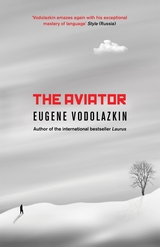 A speculative novel that's had a profound impact on me is the The Aviator by Eugene Vodolazkin, translated by Lisa Hayden (Oneworld). When Innokenty Petrovich Platanov wakes up in 1999, he is a 100-year-old man in a 30-year-old body. Under a doctor's care, he gradually recovers memories from before he was cryogenically preserved as part of a Gulag experiment. What has he missed? Among other things, the rise and fall of the Soviet empire... and much of his life.
A speculative novel that's had a profound impact on me is the The Aviator by Eugene Vodolazkin, translated by Lisa Hayden (Oneworld). When Innokenty Petrovich Platanov wakes up in 1999, he is a 100-year-old man in a 30-year-old body. Under a doctor's care, he gradually recovers memories from before he was cryogenically preserved as part of a Gulag experiment. What has he missed? Among other things, the rise and fall of the Soviet empire... and much of his life.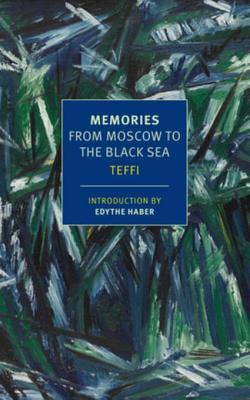 Other reads of note recently are Memories: From Moscow to the Black Sea by Teffi (Nadezhda Lokhvitskaya), translated by Robert and Elizabeth Chandler, Anne Marie Jackson and Irina Steinberg (New York Review Books); and the amazing memoir Secondhand Time: The Last of the Soviets by Nobel laureate Svetlana Alexievich, translated by Bela Shayevich (Random House).
Other reads of note recently are Memories: From Moscow to the Black Sea by Teffi (Nadezhda Lokhvitskaya), translated by Robert and Elizabeth Chandler, Anne Marie Jackson and Irina Steinberg (New York Review Books); and the amazing memoir Secondhand Time: The Last of the Soviets by Nobel laureate Svetlana Alexievich, translated by Bela Shayevich (Random House).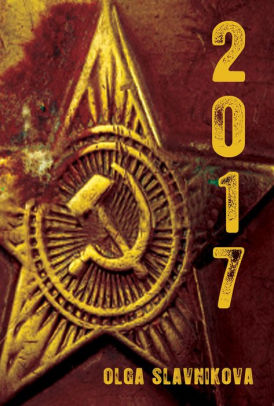 I also recommend 2017: A Novel by Olga Slavnikova, a Russian Booker Prize-winning work translated by Marian Schwartz (Overlook Press). I began reading Slavnikova in 2012 after seeing her on a book conference panel, where she stressed the importance of translators while serving up a sharp little jab: "The only way to reach the American reader is to have the books translated so well they read like they were written in English." Well played, I thought at the time. --Robert Gray, contributing editor
I also recommend 2017: A Novel by Olga Slavnikova, a Russian Booker Prize-winning work translated by Marian Schwartz (Overlook Press). I began reading Slavnikova in 2012 after seeing her on a book conference panel, where she stressed the importance of translators while serving up a sharp little jab: "The only way to reach the American reader is to have the books translated so well they read like they were written in English." Well played, I thought at the time. --Robert Gray, contributing editor



 For all those autistic people out there trying to figure out romantic relationships, as well as for neurotypical people who are bewildered by the dating world, how did you meet your husband? Any interesting anecdotes about your courtship?
For all those autistic people out there trying to figure out romantic relationships, as well as for neurotypical people who are bewildered by the dating world, how did you meet your husband? Any interesting anecdotes about your courtship?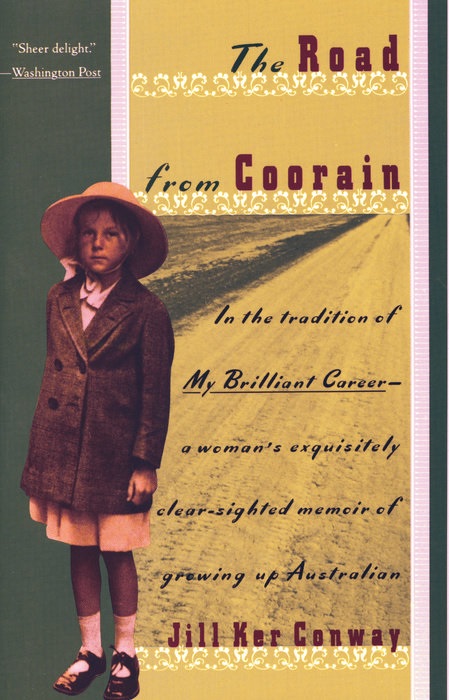 Jill Ker Conway, an Australian-American author who was also the first woman president of Smith College, died on June 1 at age 83. She was born on a 32,000-acre sheep ranch deep in the Australian outback, with little company growing up except her parents, brothers and a teacher. The ranch, called Coorain (an Aboriginal word for windy place), prospered until a seven-year drought. When Conway was 11, her father drowned while attempting to expand Coorain's irrigation system. After a further three years of drought, Conway's mother moved the family to Sydney, where Jill struggled to integrate with her new peers. She went on to graduate from the University of Sydney and moved to the United States in 1960. She received a Ph.D. from Harvard, met a Canadian professor who later became her husband, and taught at the University of Toronto from 1964 to 1975. Conway was the president of Smith College from 1975 to 1985, and thereafter a visiting professor at MIT.
Jill Ker Conway, an Australian-American author who was also the first woman president of Smith College, died on June 1 at age 83. She was born on a 32,000-acre sheep ranch deep in the Australian outback, with little company growing up except her parents, brothers and a teacher. The ranch, called Coorain (an Aboriginal word for windy place), prospered until a seven-year drought. When Conway was 11, her father drowned while attempting to expand Coorain's irrigation system. After a further three years of drought, Conway's mother moved the family to Sydney, where Jill struggled to integrate with her new peers. She went on to graduate from the University of Sydney and moved to the United States in 1960. She received a Ph.D. from Harvard, met a Canadian professor who later became her husband, and taught at the University of Toronto from 1964 to 1975. Conway was the president of Smith College from 1975 to 1985, and thereafter a visiting professor at MIT.